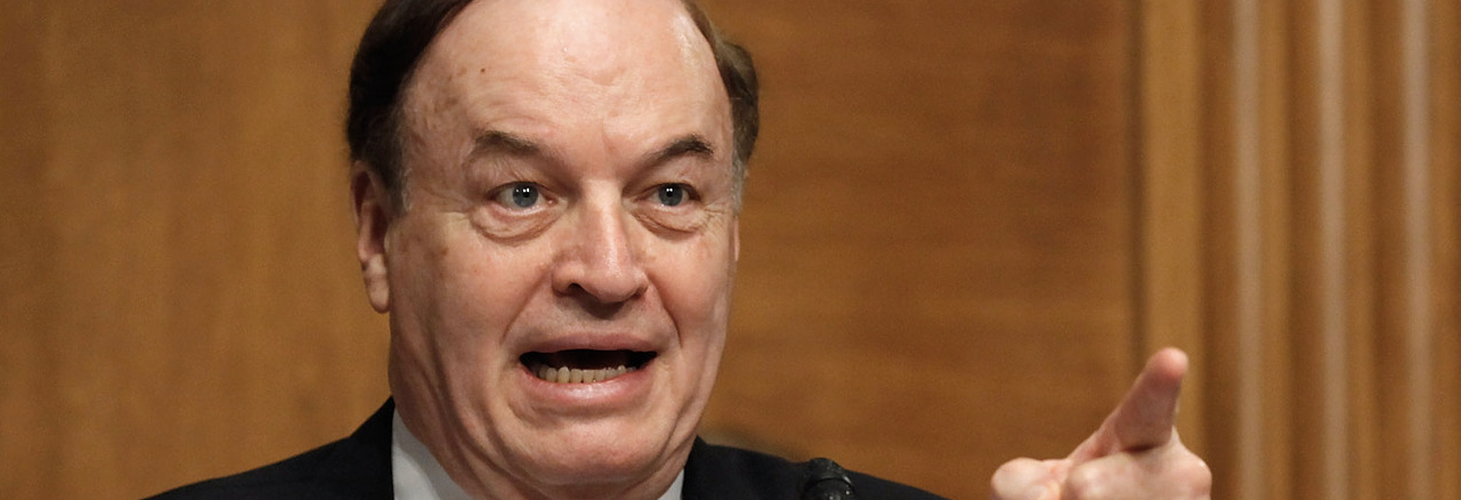By Brandon Moseley
Alabama Political Reporter
Wednesday, December 7, 2016, the US Senate passed the 21st Century Cures Act, HR34, with bipartisan support. US Senator Richard Shelby (R-Alabama) supported the legislation and said that the bill will take critical steps to fight the opioid epidemic and will foster needed changes in the healthcare infrastructure.
Senator Shelby said in a statement, “America has long been the world’s leader in medical innovation and it is important that we modernize, personalize, and streamline our health care delivery system to ensure that it meets the demands of today. For the millions of Americans suffering from a serious illness such as cancer or Alzheimer’s, cutting-edge research is the beginning of hope for them and their loved ones.”
Sen. Shelby added, “I have always been a strong proponent of ensuring that we appropriately support first-rate medical innovation and research initiatives for the next generation of treatments and cures. The 21st Century Cures Act will not only foster needed changes in our health care infrastructure, but it also takes critical steps to fight our nation’s growing opioid epidemic and strengthen our mental health programs. It is great news for the American people that both the House and Senate have passed this bipartisan legislation.”
The legislation has already passed the House of Representatives.
US Representative Martha Roby (R-Montgomery) said on social media, “Pleased to report that the 21st Century Cures Act has passed the Senate. Next it goes to the President, and I hope he signs it into law. This bill could really impact the lives of millions suffering from rare diseases, opioid addiction, and mental health care issues.”
According to information provided by Rep. Roby’s office, the 21st Century Cures Act provides the NIH with fully offset funding to advance the Precision Medicine Initiative to drive research into the genetic, lifestyle, and environmental variations of disease; speed up cancer research and invest in the BRAIN initiative to improve our understanding of diseases like Alzheimer’s. The legislation modernizes clinical trials; putting patients at the center of the regulatory review process; streamlining regulations to foster innovation in health care software and mobile medical apps; incentivizing pediatric drug development and empowering the FDA to be more flexible in reviewing medical devices and technologies and providing the FDA with $500 million for regulatory modernization and enable the agency to recruit the best scientists, doctors, and engineers. The bill would also ensure that electronic health record systems seamlessly operate for best patient care; facilitating seniors’ access to the latest medical technology; and improving education for health care providers. The bill also establishes the National Mental Health and Substance Use Policy Lab to drive evidence-based grants to help states combat addiction and abuse; clarifying HIPAA communication rules among providers, families, and patients to improve treatment and strengthening our nation’s mental health workforce.
Rep. Roby said, “This legislation gives hope to the millions of Americans suffering from cancer, Alzheimer’s, Parkinson’s, and other rare and deadly diseases. It also offers a way forward for dealing with two critical issues facing our country right now: mental health care and opioid abuse.”
President Barack H. Obama said in a statement, “We are now one step closer to ending cancer as we know it, unlocking cures for diseases like Alzheimer’s, and helping people seeking treatment for opioid addiction finally get the help they need. The bipartisan passage of the 21st Century Cures Act is an example of the progress we can make when people from both parties work together to improve the health of our families, friends and neighbors.”
Senator Richard Shelby was recently re-elected for a sixth term in the US Senate. Alabama’s senior Senator won 64 percent of the versus just 36 percent for his challenger: Ron Crumpton (D). Sen. Shelby actually received more votes in Alabama than Donald Trump did (1,319,564 votes versus 1,303,404).





















































